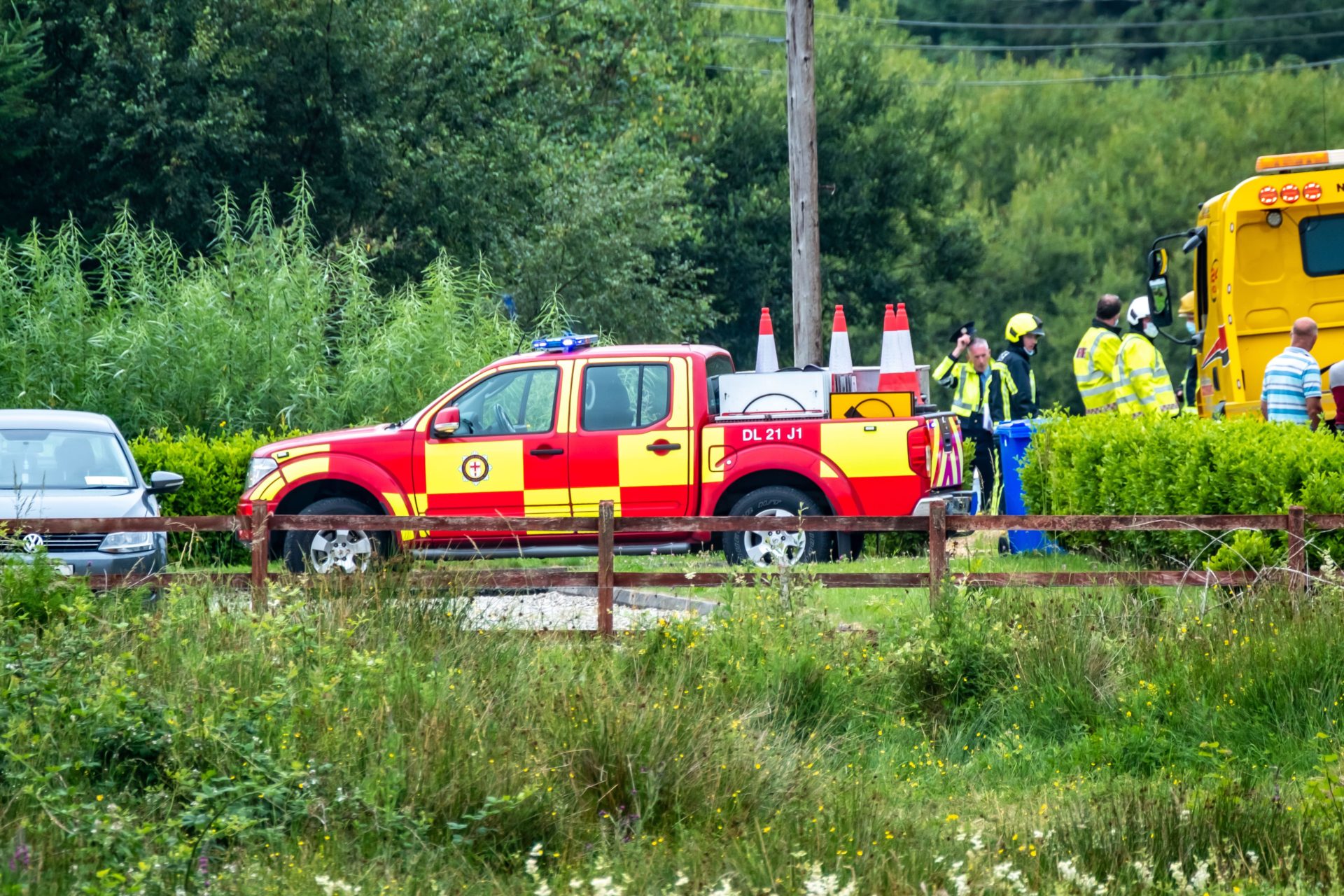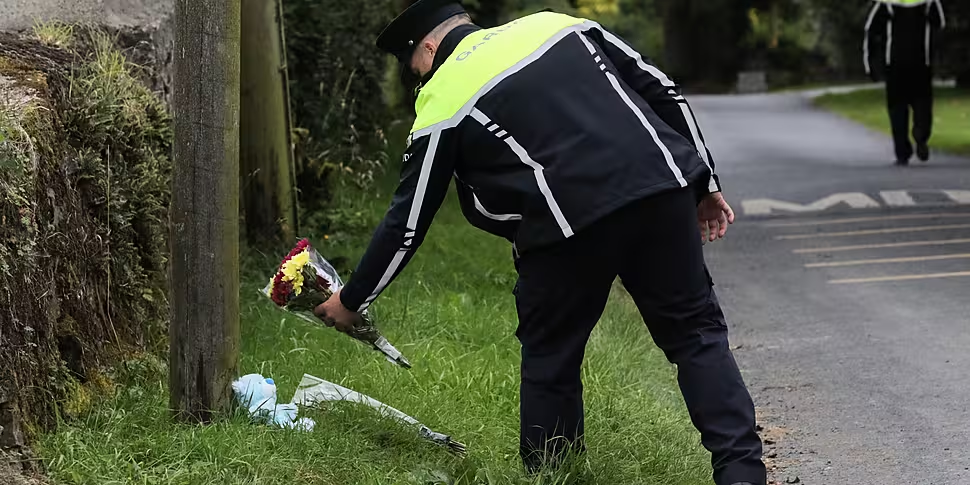Recent weeks have seen a significantly higher than average number of people dying on the roads in Ireland.
So far, 130 people have passed away this year - 24 more than died during the same period in 2022.
Notably in Tipperary, seven people died in two crashes just a few days apart from each other.
C-SAW, a Tipperary community centre that works to reduce suicide, has seen a “big increase” in demand for its services in the aftermath of the deaths.
“We opened C-Saw House for extra hours during the last two weeks and a lot of those people came in to us and they really wanted a safe place to sit down and to talk,” Chairperson Joe Leahy told Newstalk reporter Sheila Naughton for The Pat Kenny Show.
“They needed time to do that.”
Most of those who approached C-SAW had no connection to those who died – but their deaths had brought back dark memories that they needed to talk about.
For Mr Leahy, it is an example of why it is so important to check in with the bereaved long after they have buried their loved ones.
“People would say to you, ‘We do funerals very well,’” he said.
“I’ve often questioned that; yes, we do funerals well to a point.
"If you look at a funeral of somebody who happens to die on a Tuesday, they’re buried by Friday - but everybody’s gone back to work by Monday and then there’s nobody with the person who is bereaved.
“It’s in the weeks and months thereafter that people need to support as well.”
Legal process
Donna Price described the death of her son, Darren, whilst driving to college as “completely earth-shattering news” and it changed her life in so many ways.
“To lose your son in such a sudden and violent collision really destroys every aspect of your being,” she told Newstalk reporter Aoife Kearns.
“I describe it as a grenade going off within your whole body. Your whole world is shattered and then you’ve got to deal with the loss of your child and an unexpected funeral.
“You’re also thrown into dealing with the legal processes that follow.”
The Price family felt the support they received after Darren’s death fell woefully short of what they needed.
In response, they set up the Irish Road Victims’ Association (IRVA) to help others going through the same difficult process.
“In the charity, we provide free bereavement counselling and we assist them in dealing with those processes - with the Garda investigation, with the coroner’s inquest and all of that - which are completely alien to all of us,” Ms Price said.
 Rescue forces help at car accident in Donegal.
Rescue forces help at car accident in Donegal.Nowadays, Gardaí appoint a dedicated Family Liaison Officer to help the bereaved with their interactions with the criminal justice system.
Superintendent Jane Humphries told Aoife road traffic deaths are “very traumatic” for the family and officers do their best to help.
“A Family Liaison Officer… is the point of contact for that family between [them] and the Senior Investigation Officer,” she said.
“So, it gives the family one point of contact and they’re there to explain the processes, how the investigation is proceeding, to update the family on the investigation.
“To talk them through the criminal justice procedures, if that’s happening, and to signpost the family to other support agencies who are able to support them through this time.”
Of the 130 people to die on Irish roads this year, 45 were drivers, 30 were passengers and another 30 were pedestrians.
A further 17 people were driving motorbikes, four were cyclists, three were using e-scooters and one was travelling pillion.
Main image: A member of An Garda Siochana places flowers given by the public near the scene of the crash in the Windmill Knockbulloge area of Cashel, Co. Tipperary. Picture by: Sasko Lazarov / © RollingNews.ie









